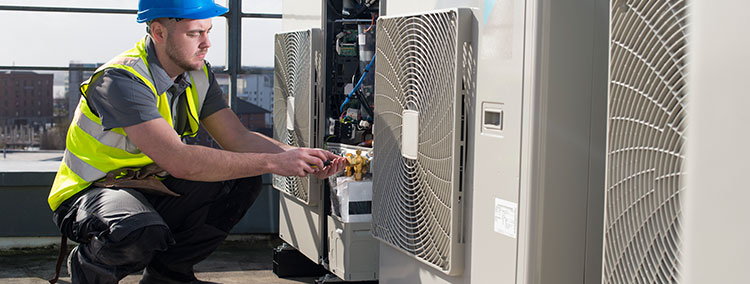
Although people have been doing laundry for centuries, studies show that few people properly use their washing machines. As a result, many homeowners have to keep hiring washer repair professionals to fix their appliances as they keep failing.
Improperly using the washing machine also means that the clothes don’t get clean as well as they should. Are you wondering how do you do laundry like a pro? Well, there are plenty of ways to do it. They include:
Use the proper water temperature
Different water temperatures are ideal for cleaning different fabrics, so you need to use the proper temperature for effective cleaning. Coldwater is best for delicate fabrics, items that might shrink, and sensitive dark colors that can bleed.
Besides cold water protecting your fabrics, it also saves you money as you don’t have to use electricity to heat the water.
If you have soiled clothing or human-made fabrics, these are best cleaned with warm water.
On the other hand, hot water is best used to clean towels, beddings, cotton whites, and heavily stained work clothes, especially those stained with grease or oil.
Sort your clothes before putting them in the washing machine
The last thing you want is some of the fabrics bleeding and the different colors getting on the other clothes. For example, your pink underwear or tie bleeding on your white t-shirt. You wouldn’t want this, would you?
To ensure that this doesn’t happen, sort your clothes before putting them in the washing machine.
If you aren’t sure whether the outfit is colorfast and will bleed color into the other clothes, before you put it in the washing machine, wet a cotton swab and rub it on the inside corner or seam and see if the dye transfers to the swab. If it does, hand wash it separately.
Use the suitable detergent.
The detergent you use goes a long way towards how well the outfits pan out and how long the washing machine lasts. Different detergents are ideal for different loads, so you need to know the suitable detergent to use for the load you are running.
Powdered detergents are best when you are running general loads, and the beauty with them is they are usually affordable. Unfortunately, they don’t dissolve easily in cold water and leave white residues on the fabrics.
Liquid detergents contain enzymes, and they are best for removing stains. When buying the detergents, always pay attention to the enzymes listed in the list of ingredients. As a rule of thumb, the more the enzymes in the formula, the better the detergent hence, the better the cleaning power.
You can also clean your outfits with tablets, packs, and pods. While they are convenient and easy to use, be cautious and avoid overdosing. Remember that you can easily spend a lot of money on these, so be careful about the price per load.
If you don’t have money to invest in a quality detergent, you can always make one using one of the many formulas.
Regardless of the detergent you are using to clean your outfits, be cautious of the amount you use, as using too much of it can create suds that trap the soil and deposit it into the clothes.
For the best results, use one-half less detergent than the recommended amount. By doing this, your clothes will not only look better, but you will also save a lot of money.
Turn the clothes inside out before washing them.
Clothes are expensive, and you don’t want them to fade and look worn out, so you need to be cautious when cleaning them. As a rule of thumb, turn them inside out before washing them. The purpose of doing this is to avoid abrasion and wearing out the fabric surface.
Handle the delicates with care
Plenty of people have reported their underwear and bras getting damaged after machine washing them. To ensure that this doesn’t happen, handle them with care. Appliance repair Fairfax professionals recommend that you hand wash them, but if you have to machine wash them, toss them in a mesh lingerie bag and use a delicate cycle.
The post How Do You Do Laundry Like A Pro? first appeared on HVAC Repair, appliance repair. The post appeared first on Express Appliance Repair